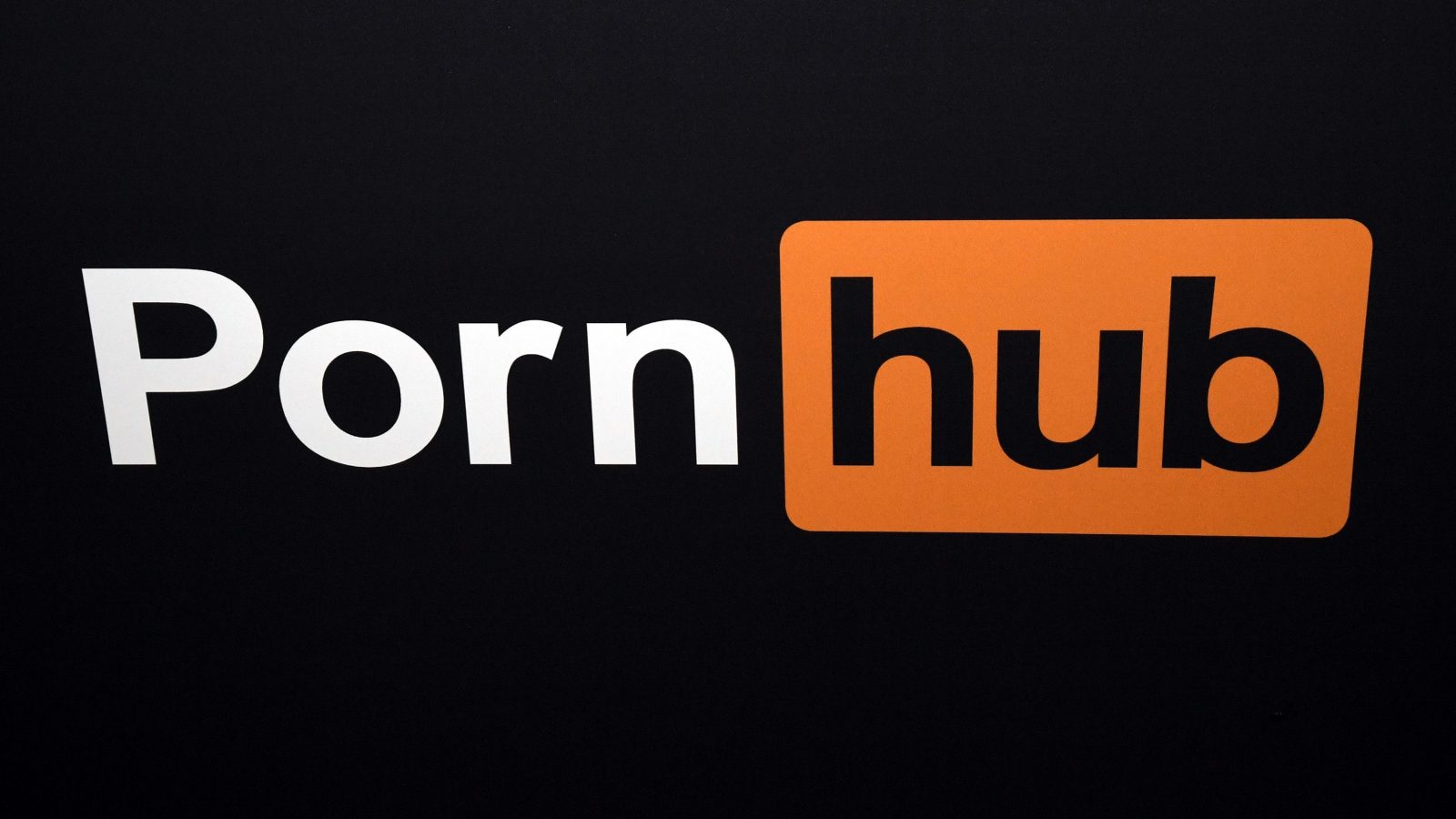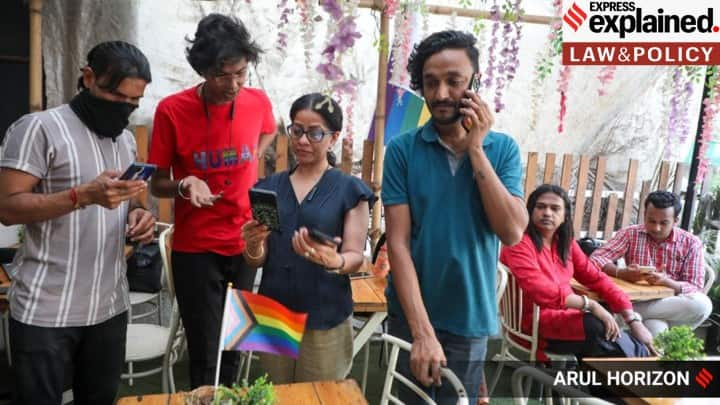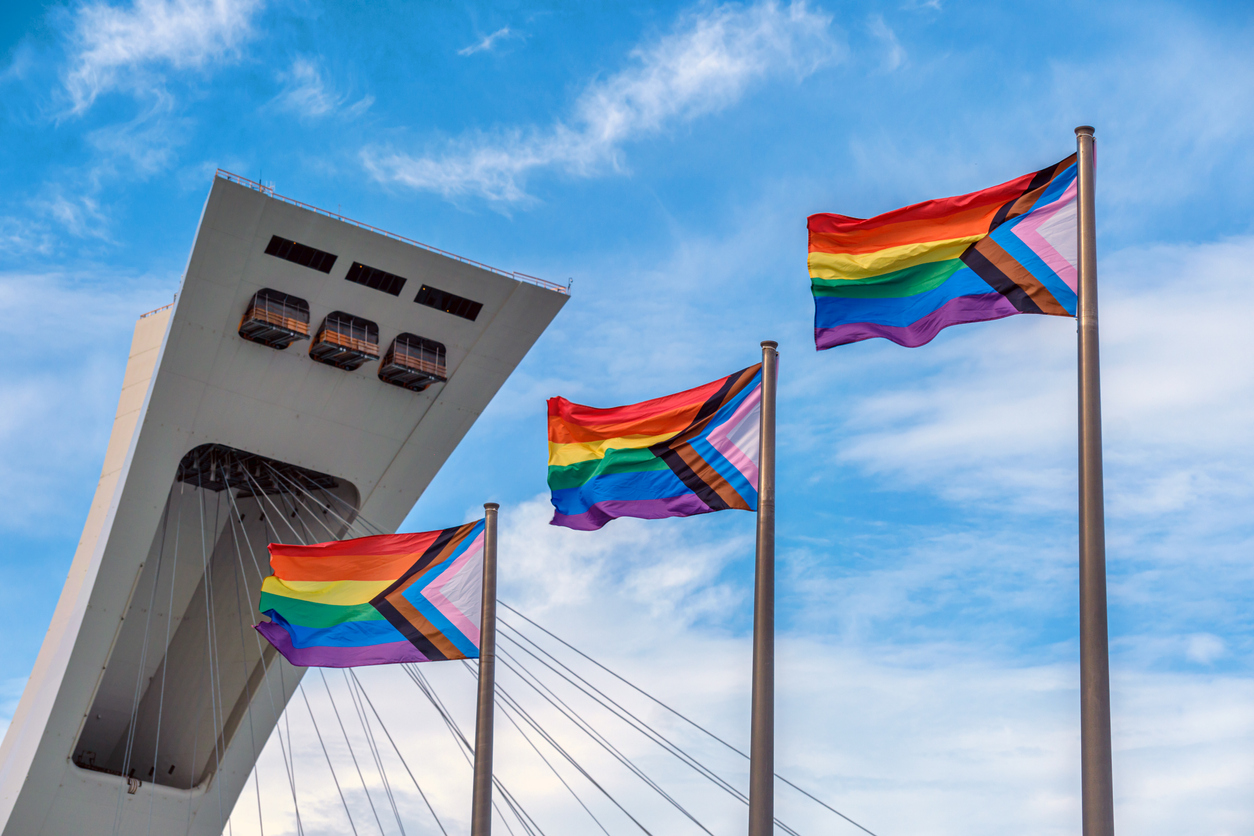
Do Pornhub’s Latest Steps Make Porn Safer?
Pornhub is complicit in the negative impact on victims of illegal uploading
The predominant conversation around pornography in India, inevitably, centres around the morality of consuming it which prevents a more nuanced discussion on how to make it a safer experience online. The viral New York Times piece by Nicholas Kristof on the exploitation and abuse stemming from Pornhub did an excellent exploration of unpacking how the website does little to prevent such problems, especially when it comes to uploading of illegal content of underage girls and how this impacts the victims.
Pornhub is the second-largest adult entertainment website in the world that averages 2.85 trillion monthly visitors, outnumbering both Netflix and Amazon. Yet, the website is a cesspool of non-consensual sexual content ranging from rape videos including child rape, revenge pornography, sex trafficking and private videos that are hacked and uploaded. While Pornhub claims that they have checks and balances to combat sharing of illegal content, the magnitude of such available material speaks for itself. Their defence for a plethora of illegal content is one of freedom of expression in terms of the content being published reflecting merely sexual fantasies of individuals, enacted by consenting adults.
Pornhub needs to do much more than what it has proposed
Post the NYT article, with surprising swiftness, Pornhub has announced changes to its operations that incorporate the main suggestions proposed by Kristof i.e. to allow uploads only from verified users, remove downloads for unpaid users, and improve their moderation. These steps are said to be implemented for all the pornographic websites owned by Mindgeek, the entity behind Pornhub. Significant steps as these are, there is yet much to be desired, as explained below.
- Inadequate verification processes: Firstly, they have not elaborated on how the verification process will be strengthened since currently one only needs a photo and username to be verified. Secondly, downloads will still be available for paid subscribers of their Model Program whose verification process for inclusion in the group does not contain enough safety precautions. Some activists like Laila Mickelwait have called for the site to be shut down with over 2 million signing the petition she started to do so and hold its executives accountable for aiding trafficking. Others say verification of age as a first step will be consequential in mitigating the downsides of this industry along with letting professional production companies engage in creation of such content being the best way to ensure age-appropriate engagement.
- Negative impact on victims: Passivity is complicity in matters as life-changing as this The ramifications of Pornhub’s inaction affect the victims in the form of mental health issues with suicide attempts as a last resort, difficulty in gaining employment, reluctance in forming new social interactions or lifelong relationships due to a fear of being found out. There is a line to be toed here in the demand for access to sexual experiences, and most of it should be drawn by Pornhub given their widespread popularity and more importantly, their ethical and legal responsibility to do so.
- Victims deserve more than a transparency report: The transparency report Pornhub has proposed to formulate next year should tackle transparency in internal processes of such verification and how successful have the redressal mechanisms been for victims wanting their videos taken off the site. Additionally, they should contribute part of their profits to a fund for victims seeking legal recourse against the publishers, create a process whereby consent is contractually taken from those in the video before its publishing, and detail steps taken to actively combat underage and non-consensual pornographic uploads.
The case of India
On the legal front, in India, the IT Act under S.67B criminalises “publishing or transmitting of material depicting children in sexually explicit act in an electronic form”. Additionally, sections 354A and 354D of the Indian Penal Code penalise cyber bullying and cyber stalking against women.
However, the paradox is that the onus of due diligence lies on the websites themselves. Minorities such as children and women in developing countries like ours have a much lesser reach and access to the police, judiciary and any recourse against exploitation.
Production of consensual sexual content, and the notion of individual’s freedom to engage in consuming such, could benefit from becoming more socially acceptable in India. However, this movement should not come at the expense of children, women and other victims who have not consented to either the sexual acts or their publication of it.
Views are personal.



